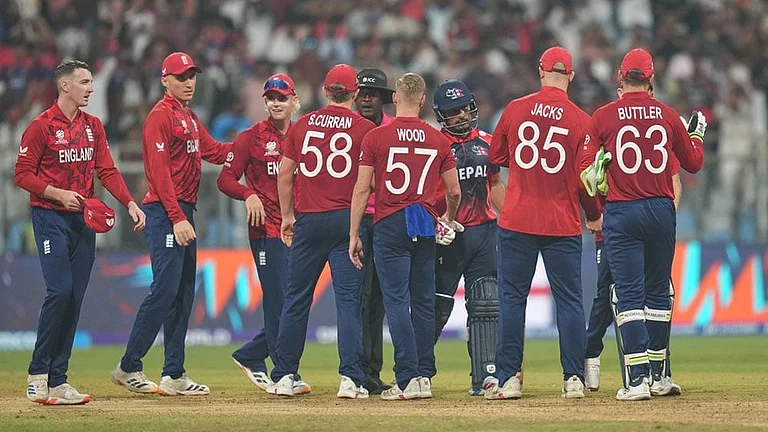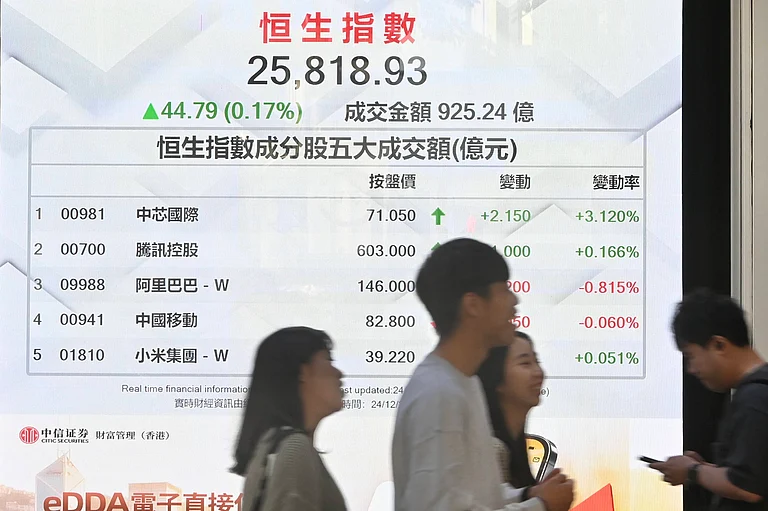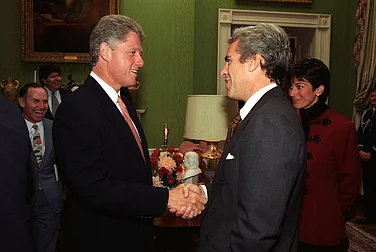OpenAI CEO Sam Altman’s decade-long effort to understand how giving free money affects recipients and the economy has delivered its first major results. OpenResearch, a research lab funded by Altman, found that when some of the poorest Americans received $1,000 a month for three years, they used the money primarily for basic needs such as food, housing, and transportation.
However, the $36,000 given over three years wasn’t enough to significantly improve their physical well-being or long-term financial health.
OpenResearch describes this study as the most comprehensive examination of “unconditional cash” to date. The study revealed that while the grants had benefits and weren’t spent on drugs or alcohol, they didn’t solve major issues like income inequality or job loss due to AI and automation.
Progressive organizations have supported the idea of fighting poverty through unconditional cash, like universal basic income. Conservative groups, however, criticize these projects as handouts. OpenResearch’s data, published in two papers on Monday with a third paper coming next month, provides information that could support both sides of the debate.
From November 2020 to October 2023, OpenResearch gave $1,000 a month to 1,000 people aged 21 to 40 in Illinois and Texas. These participants were from households earning about $30,000 annually. A control group of 2,000 similar people received $50 a month. Participants answered surveys, shared credit reports, and took blood tests.
Recipients of the $1,000 monthly payments increased their spending on essential needs. They also spent an average of $22 more per month helping others, like relatives and friends. Some participants sought more health care, like dental braces, and stocked their refrigerators and pantries better.
Some recipients considered or started new businesses. By the third year, Black recipients were 9 percentage points more likely to start or help start a business than those in the control group. Women were 5 percentage points more likely to start businesses.
Participants, especially those with the lowest incomes, moved out on their own and enjoyed life more. A forthcoming paper estimates that 81 cents of each dollar given was spent on housing, 22 cents on leisure, and negative 3 cents on increased borrowing for things like car loans and mortgages.
Despite some benefits, the increased debt lowered participants’ net worth over the three years. The cash transfers didn’t improve long-term financial health, credit access, bankruptcies, or foreclosures. Participants saved more and felt better about their financial situation initially but slightly reduced their work hours, relying on the free money instead. For every $1 received from OpenResearch, earnings excluding the free money dropped by at least 12 cents, and total household income fell by at least 21 cents.
Researchers noted that cash offers flexibility, allowing people to make employment decisions that align with their circumstances, goals, and values. This might include taking more time to find a job, accepting a lower-paying but meaningful position, or taking a break from work.
Critics worry that assistance programs might lead people to stop working altogether and become reliant on support. OpenResearch found a substantial reduction in work among participants. Additionally, there was “no effect” on several measures of physical health and welfare, giving critics more reasons to oppose such programs.













.png?auto=format%2Ccompress&fit=max&format=webp&w=376&dpr=2.0)













